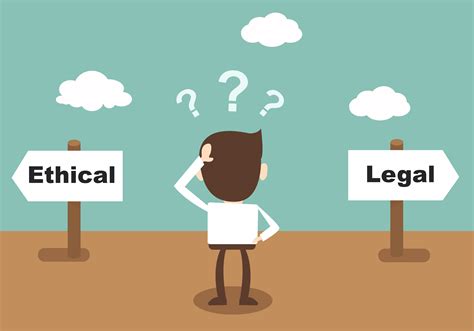In the dynamic realm of technology startups, innovation is revered—not just the novelty of inventions, but the ability to disrupt and improve existing paradigms. However, what happens when a former employee builds upon knowledge from their previous employment to create something new, yet strikingly similar? This conundrum is at the heart of a heated dispute involving Replit, an online IDE, and a former intern. The debate raises ethical and legal questions about the boundaries of intellectual property, post-employment innovation, and the responsibilities borne by both parties in these scenarios.
Replit’s aggressive legal response to the intern’s project, seen by some as a competitor, underscores the complexity of these issues. While the intern reportedly did not use any code from Replit, the mere resemblance sparked a flurry of responses from internet commentators, some of whom view the company’s actions as a classic example of using legal muscle to stifle competition. As one commenter pointed out, ‘Using knowledge that you have to create a competing product is professionalism, using Legal threats to eliminate competitors – is not.’ This sentiment echoes a widely held belief that innovation thrives on freedom, and the free market should decide the outcome without undue influence from legal threats.
The broader issue, however, is whether the knowledge and skills gained from an employer can be ethically or legally leveraged to develop competing products. According to one perspective, such actions might be considered unethical if proprietary information is exploited, even if no specific intellectual property rights, such as patents or copyrights, are violated. This view suggests a grey area where legality and morality do not always align. For instance, one commenter remarked, ‘It can be unethical without being illegal… it’s the most elegant thing to do.’ This perspective underscores the subtle balance between professional integrity and personal ambition.
Yet, there is a robust argument against this perceived ethical breach. Open-source culture, which thrives on collaboration and incremental improvement, does not recognize ideas as proprietary. Instead, the focus is on the execution. ‘What IP did they steal. Please be specific,’ another user chimed in, highlighting the need for clear definitions when accusing someone of intellectual property theft. The debate stirs up questions about what constitutes intellectual property in the tech industry and the balance between protecting innovations and fostering an ecosystem where ideas can flourish and evolve.
Legal protections, such as non-compete clauses, are another layer in this intricate debate. As some commentators noted, non-compete clauses are often deemed unenforceable or outright illegal in certain jurisdictions, like California, where Replit is based. ‘Noncompetes are illegal in California where Replit is based… and they’ve become more illegal since,’ noted one user. This legal reality complicates the ethical argument, as it underscores the varied landscape of employment law and its capacity to shape business practices and ethical considerations differently across regions.
The role of social media and public perception cannot be understated in modern disputes such as this. The CEO’s apology was scrutinized and many viewed it as ‘self-serving’ and insincere. This indicates the broader impact of reputational damage and how it can sometimes level the playing field. As another user aptly observed, ‘The only thing causing the company from withdrawing illegal threats is social media.’ This underscores the power balance between large entities and individuals, where public outcry can act as a counterweight to legal overreach.
Ultimately, the Replit saga is a microcosm of a larger, ongoing debate about the nature of innovation, ownership, and fairness in the tech industry. It compels entrepreneurs and companies alike to re-evaluate the ethical dimensions of competition. In an era where technology evolves at a breakneck pace, finding the right balance between protecting intellectual property and fostering open innovation is crucial. For the industry to thrive, it must navigate these ethical waters with care, ensuring that the next brilliant idea is not stifled but nurtured, regardless of its origins.


Leave a Reply